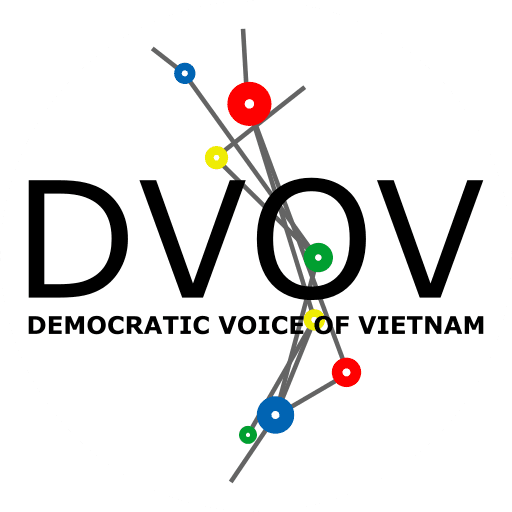Human Rights Watch
The human rights situation in Vietnam deteriorated significantly in 2013, worsening a trend evident for several years. The year was marked by a severe and intensifying crackdown on critics, including long prison terms for many peaceful activists whose “crime” was calling for political change.
The Communist Party of Vietnam (CPV) continued its one-party rule, in place since 1975. While it maintained its monopoly on state power, it faced growing public discontent with lack of basic freedoms. Denial of rights and endemic official corruption are widely seen as stifling Vietnam’s political and economic progress. Political infighting and economic policy disagreements within the CPV about how to handle the crisis of legitimacy and economic stagnation created an opening for members of the public to offer their opinions, particularly through social media.
The year saw a significant expansion of critical commentary in digital and other media. Critics questioned official policies, exposed official corruption, protested land-grabs, defended religious freedom, and called for democratic alternatives to one-party rule. One remarkable effort was “Petition 72,” originally signed by 72 intellectuals but later signed by some 15,000 people, calling for constitutional changes to allow multi-party elections. Another was “Statement 258,” calling for reform of article 258 of the penal code (“abusing democratic freedoms”), a provision often used to punish freedom of speech.
The government took some positive steps. On November 7, 2013, Vietnam signed the UN Convention Against Torture. On September 24, 2013, it issued a decree ending administrative sanctions for same-sex wedding ceremonies, although government sponsored amendments to the Marriage and Family Law did not grant legal recognition to same-sex marriage. The government also began phasing out detention and forced rehabilitation of sex workers in 2013.
Read more: http://www.hrw.org/world-report/2014/country-chapters/vietnam?page=1
